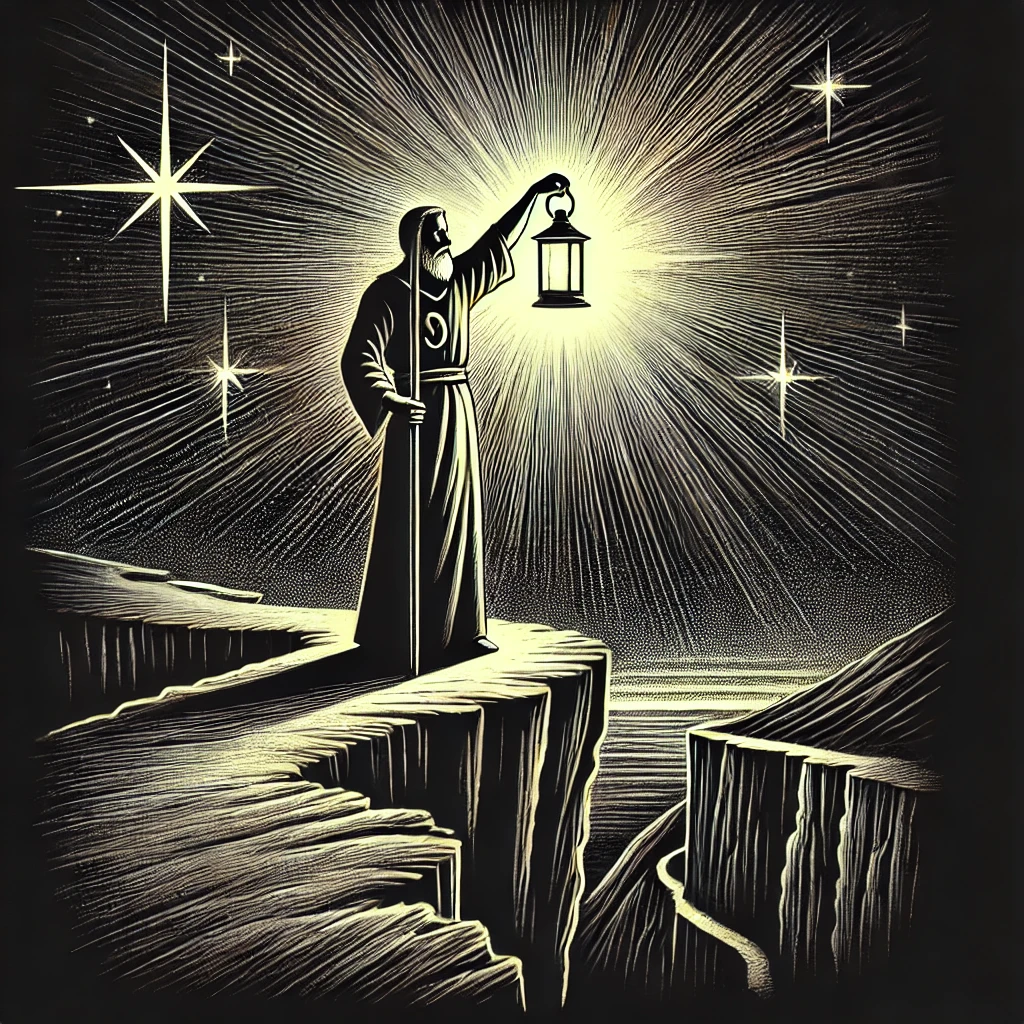The Book of Jude is the twenty-sixth book of the New Testament and one of the shortest letters in the Bible.
Written by Jude, a brother of James and likely of Jesus, this urgent letter warns believers about false teachers who have secretly slipped into the church.
Though short, it is bold and confrontational, calling Christians to contend for the faith, stay rooted in God’s truth, and build their lives on holiness and mercy.
A Call to Contend for the Faith (Jude 1:1–4)
Jude opens by affirming the believer’s identity and explaining why he writes with urgency.
Key Highlights:
- Jude writes to those called, loved by God the Father, and kept for Jesus Christ
- Wanted to write about shared salvation, but needed to address false teachers
- Calls believers to “contend for the faith once for all entrusted to the saints”
- False believers have crept in, twisting grace into license for immorality
- They deny Jesus Christ as Sovereign and Lord
Lesson: The gospel must be defended—it is not to be diluted or compromised by false teaching.
Judgment on the Ungodly (Jude 1:5–16)
Jude recounts historical and spiritual examples of God’s judgment against rebellion and sin.
Key Highlights:
- Reminds readers of God’s past judgments (Israel in the wilderness, fallen angels, Sodom and Gomorrah)
- False teachers are compared to unreasoning animals, blemishes at love feasts, and wandering stars
- References Cain, Balaam, and Korah as examples of selfish, destructive leaders
- Describes their arrogance, grumbling, flattery, and divisive behavior
- The Lord is coming to judge the ungodly for their deeds and words
Lesson: God sees and judges corruption—false leaders may flourish for a time, but judgment is certain.
How Believers Should Respond (Jude 1:17–23)
Jude exhorts believers to remain faithful, build each other up, and show mercy with discernment.
Key Highlights:
- Remember the apostles warned that scoffers would come in the last days
- False teachers cause division and are devoid of the Spirit
- Build yourselves up in your most holy faith and pray in the Holy Spirit
- Keep yourselves in God’s love as you wait for eternal life
- Be merciful to those who doubt; rescue others with urgency but caution
Lesson: Stay spiritually strong, love boldly, and confront error wisely—always rooted in God’s mercy and truth.
Doxology: Praise to the Faithful God (Jude 1:24–25)
Jude ends with a beautiful doxology, celebrating God’s ability to keep us from falling.
Key Highlights:
- God is able to keep you from stumbling
- He presents you blameless with great joy
- To Him be glory, majesty, power, and authority through Jesus Christ forever
Lesson: Our ultimate hope is in God’s power to sustain us and present us faultless through Christ.
Themes of Jude
- Contending for the Faith – Believers must actively defend the truth
- False Teachers – Corrupt influencers twist grace and deny Christ
- God’s Judgment – Rebellion and deceit are always seen and will be dealt with
- Spiritual Vigilance – Faith must be built daily through prayer, truth, and love
- Hope and Assurance – God is able to guard and guide us to eternal life
Final Thoughts
The Book of Jude is a short but urgent call to spiritual warfare. In a time of increasing deception, Jude reminds us that truth matters—and it’s worth fighting for.
It’s not enough to believe quietly; believers must stand, speak, and live in a way that protects the gospel and reflects the grace of Jesus.
And even as we fight for the faith, we rest in the God who is able to keep us strong, joyful, and faithful to the very end.





